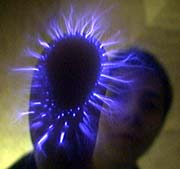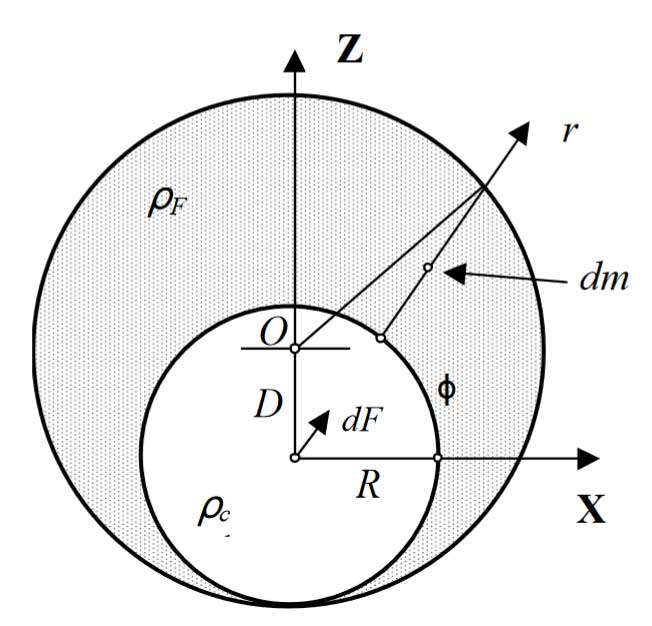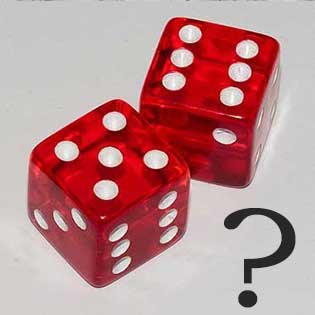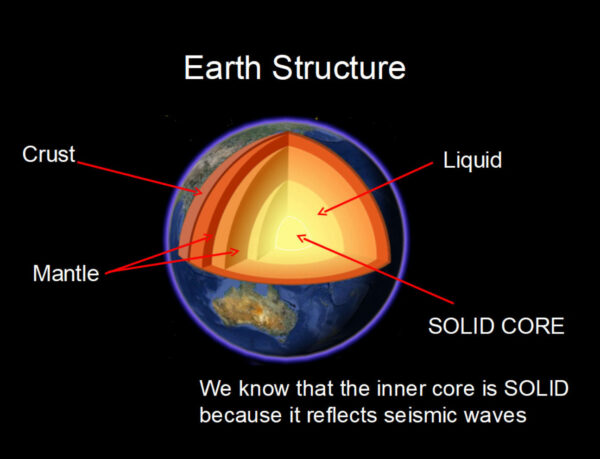Is Chance or Choice the essence of Nature?
Abstract
At the beginning of the twenty first century the prevailing and vigorously defended view is that the Universe happened by chance. All fundamental sub-atomic processes are thought to be "random" and the only way to quantify them seems to be the "uncertainty" principle. Clearly, our conclusions about the Reality of the Universe are determined and limited by our imagination. Can we imagine alternatives? What if nothing in the Universe is by chance? Could it be by CHOICE?
Introduction
Very few scientific principles had greater impact on humanity than Heisenberg's uncertainty principle [1] even though the essence of the principle itself has always been highly controversial.
The origin of the uncertainty principle is very simple: we cannot imagine and conduct sufficiently accurate and non-invading experiments that would expose the reason for the non-deterministic behaviour of sub-atomic particles such as electrons. Heisenberg argued, that since the experimental study with any material apparatus has proven impossible, we do not need to create any theory, simply because we would never be able to verify it experimentally.
Instead, for practical reasons, he proposed to accept certain aspects of the sub-atomic reality as unknown and unexplorable. His uncertainty principle intelligently defined bounds of uncertainty and enabled us to use statistics as a way to quantify the sub-atomic processes. Heisenberg's approach turned out to be very practical and enabled the unprecedented development of material technology to take place. This in turn reinforced the belief in the correctness of the uncertainty principle. As a result, the uncertainty principle itself seems to enjoy the status of the Law of Nature and is no longer questioned.
The most famous challenger of the uncertainty principle was Albert Einstein, who kept expressing his disapproval for uncertainty as the basis of the Universe by saying that "God doesn't play dice". Although his view was that we should seek a sensible explanation for the observable non-deterministic behaviour of the sub-atomic world - he couldn't imagine any better alternative than the practical statistical approach of Heisenberg.
This article considers the possibility that was either overlooked or not sufficiently explored: that the non-deterministic behaviour of sub-atomic particles is a result of an intelligently encoded information transfer.
Results of electro-photonic experiments presented in this article suggest that the analysis of this concept may have an even greater impact on humanity than the uncertainty principle had. It is demonstrated that quantum encoded information transfer in Nature is not only feasible and highly probable, but it is an essential feature of material reality that enables us to determine and verify the Purpose of existence of the entire Universe.






